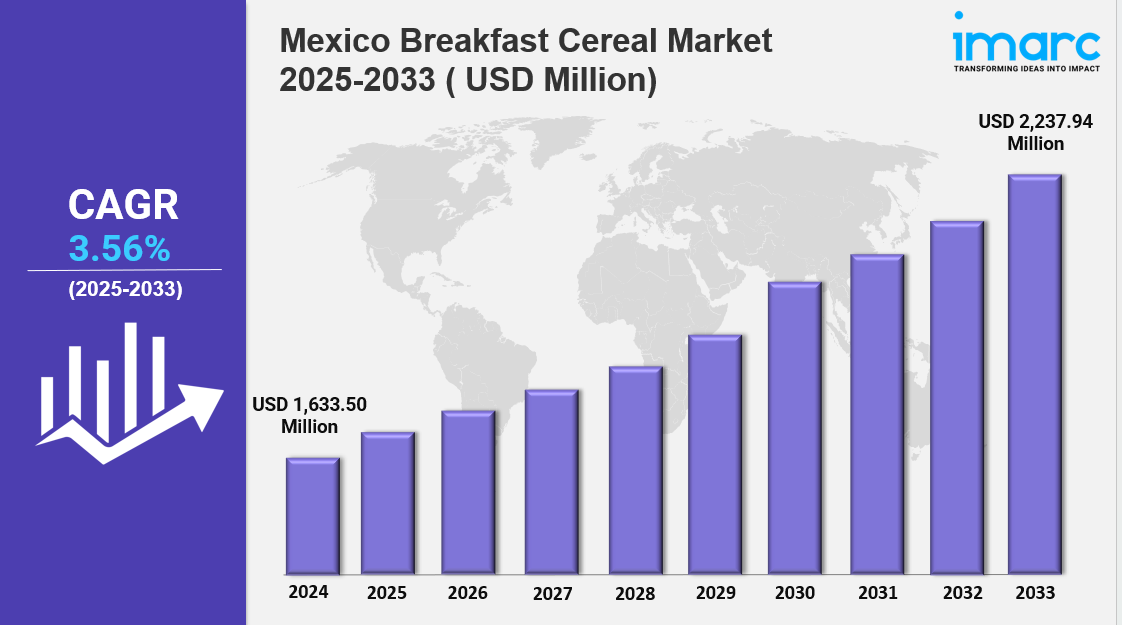Extended Producer Responsibility (EPR) has become an essential compliance requirement for businesses operating in India. Companies dealing in plastic, electronic waste, batteries, and other packaging materials must obtain EPR authorisation from the Central Pollution Control Board (CPCB). This process ensures accountability for the collection, recycling, and safe disposal of post-consumer waste. Shakti Plastic Industries, a pioneer in waste management and recycling, plays a vital role in helping brands secure EPR registration seamlessly.
Understanding EPR Registration in India
For manufacturers, importers, and brand owners bringing electronics, batteries, or plastic packaging to the Indian market, EPR registration is a required certification. CPCB issues the authorisation in accordance with the Ministry of Environment, Forests, and Climate Change’s (MoEFCC) rules. The primary goal is to establish an environmentally friendly waste management system in which manufacturers are accountable for the lifecycle of their products. Shakti Plastic Industries helps companies finish this procedure quickly.
Why EPR Registration Is Important
In addition to being a legal requirement, EPR certification is a calculated move for companies trying to fortify their sustainability objectives and stay out of trouble. Businesses may be subject to regulatory actions without the appropriate authorisation, which could have an impact on operations. Additionally, by demonstrating a brand’s commitment to environmental protection, EPR compliance increases consumer trust. Businesses may comply with CPCB regulations and guarantee a seamless registration process with the help of Shakti Plastic Industries’ experience.
Step 1: Company Incorporation Certificate
The Certificate of Incorporation (CIN), which is provided by the Registrar of Companies, is the first document needed for EPR registration. This document attests to the company’s legitimacy and authorization to conduct business in India. This paperwork must be submitted by the owner of the brand, importer, or manufacturer. To guarantee that these data are submitted to the CPCB without errors, Shakti Plastic Industries helps clients prepare and validate them.
Step 2: GST Certificate
Another essential prerequisite for EPR authorisation is a current GST registration certificate. It guarantees that only legal businesses apply for compliance and assists the CPCB in confirming the company’s tax identification. GST is a basic document in the EPR process because it is essential for tracking goods movement and commerce. Shakti Plastic Industries is partnered with numerous manufacturers to provide comprehensive support for creating valid GST records.
Step 3: PAN Card of the Company
A company’s Permanent Account Number (PAN) card needs to be presented for financial validation. This certificate guarantees taxation and business identification transparency. PAN information is required by the CPCB to guard against fraud or deception during the registration procedure. By following Shakti Plastic Industries’ advice, businesses can steer clear of typical documentation mistakes that could otherwise cause clearance to be delayed.
Step 4: Authorised Person’s Aadhaar and PAN Card
The identity proof of the authorized signatory or person managing EPR obligations is required by CPCB in addition to firm details. This contains the authorized person’s PAN and Aadhaar cards. These records attest to the signer’s accountability on behalf of the company. To expedite the EPR process, Shakti Plastic Industries counsels brands to designate a responsible compliance officer.
Step 5: Import-Export Code (IEC)
The Directorate General of Foreign Trade’s (DGFT) Import-Export Code (IEC) is required for companies that import. Since a large number of items governed by the EPR are imported into India, the CPCB needs IEC information in order to monitor the entrance of commodities. For importers handling electronic products or plastic packaging, this step is essential. To prevent rejection, Shakti Plastic Industries makes sure importers provide the required IEC documentation.
Step 6: Product Details and Packaging Information
When new products and packaging materials are brought to the market, CPCB needs comprehensive information on them. This covers the kind of packaging, the product category, and the approximate amount of garbage produced each year. Since it establishes waste management goals under EPR, brands are required to supply correct data. In accordance with CPCB regulations for appropriate garbage collection and recycling, Shakti Plastic Industries assists companies in preparing this paperwork.
Step 7: Proof of Registered Office Address
Companies are required to provide documentation of registered office address in order to validate company operations. These could be property tax receipts, rent contracts, or utility bills. The applicant’s legitimate operational presence in India is confirmed by this document. Shakti Plastic Industries is relied upon by numerous companies for precise document creation and compliance checks prior to final submission.
Step 8: Consent from State Pollution Control Board (if applicable)
In some circumstances, businesses may require approval from the State Pollution Control Board (SPCB) in order to operate in accordance with environmental standards. This is especially true for businesses that handle hazardous waste or are significant manufacturers. The possession of this document expedites CPCB approvals, however it is not always required. Depending on the size of the brand’s operations, Shakti Plastic Industries offers advice on whether this consent is necessary.
Step 9: Cover Letter and Application Form
The CPCB application form and a cover letter signed by the authorized individual must be sent in. This gives CPCB a structured request for authorization and formally states the intention to adhere to EPR responsibilities. In order to comply with regulations, Shakti Plastic Industries helps brands create expert cover letters and complete application forms.
Step 10: Waste Management Plan
A thorough waste management strategy is one of the most important documents. This plan describes the company’s garbage collection, recycling, and disposal strategies. The brand’s ability to achieve its EPR commitments practically and sustainably is evaluated by CPCB. With years of experience, Shakti Plastic Industries assists businesses in creating waste management plans that meet legal requirements as well as corporate sustainability objectives.
Common Mistakes to Avoid During Documentation
Due to poor waste management strategies, inaccurate information, or missing documentation, many brands experience delays in EPR authorisation. Inaccurate authorisation letters, missing product-specific data, and mismatched GST details are examples of common errors. Because Shakti Plastic Industries’ professionals carefully examine and verify each document before submission, working with them reduces these dangers. This guarantees a seamless approval procedure free from frequent adjustments.
How Shakti Plastic Industries Simplifies EPR Registration
Shakti Plastic Industries has become a reliable partner for companies all throughout India when it comes to fulfilling their EPR responsibilities. The company provides end-to-end solutions, including document preparation, application submission, and CPCB approval follow-ups, and has decades of experience in managing plastic trash. Their committed staff makes sure that companies strengthen their sustainability pledges in addition to adhering to regulations. They are therefore among the most trustworthy garbage management partners in India.
Businesses in India that want to adhere to environmental rules and support sustainable waste management must register for an EPR. Numerous documents are needed for the process, such as waste management plans, GST, PANs, and incorporation certificates. Shakti Plastic Industries offers professional advice and compliance support, which streamlines the entire process even if it may appear complicated. Brands may show their dedication to ethical business practices and obtain hassle-free EPR registration by collaborating with them.



